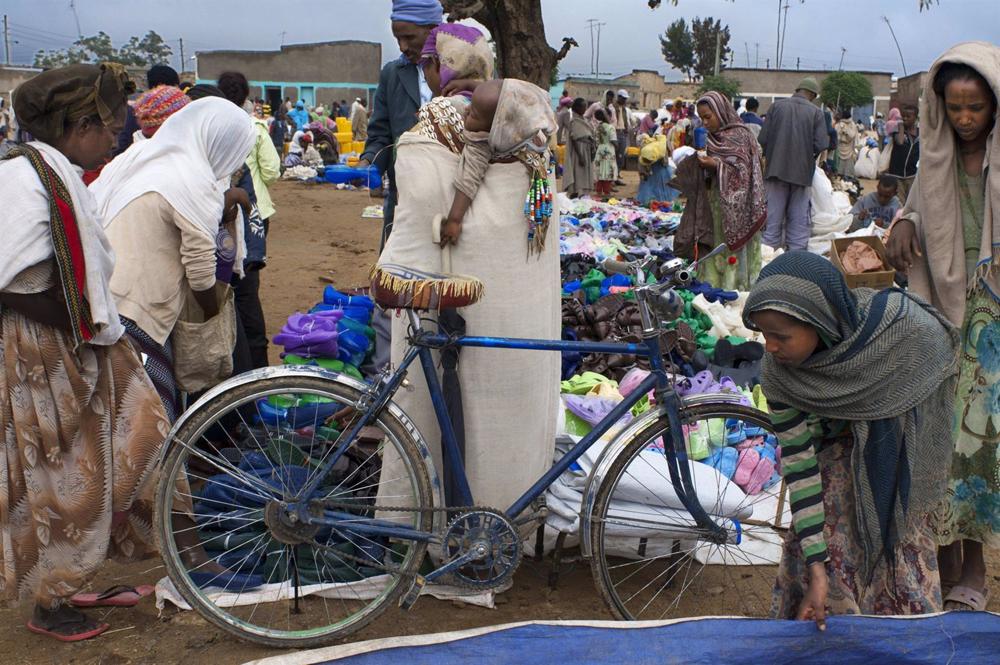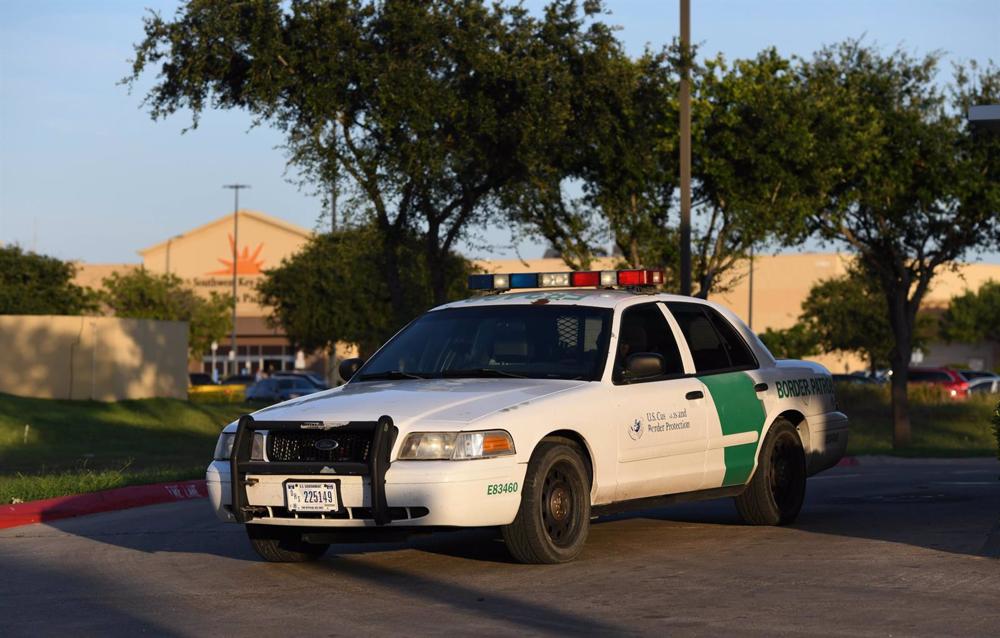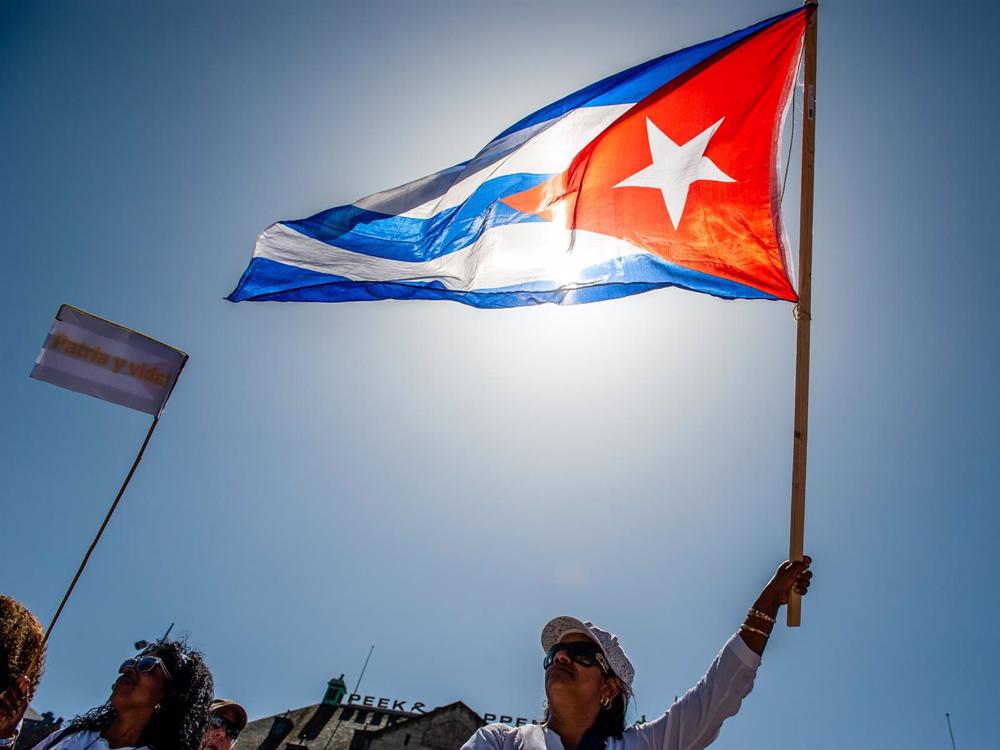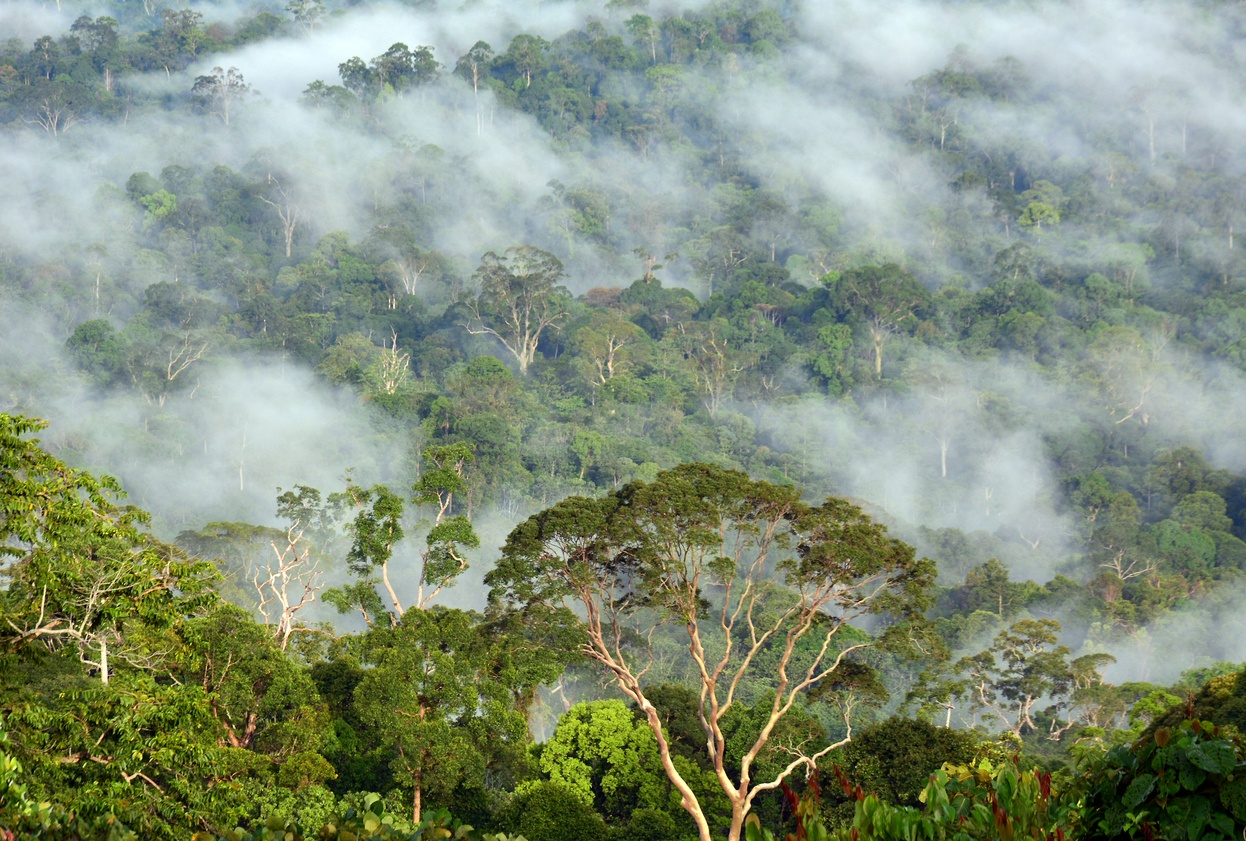
Ethiopia’s state-owned Ethiopian Electric Power (EEP) has confirmed that the Tigray region’s capital Mekelle has been reconnected to the national grid after more than a year of blockage amid the conflict that erupted in November 2020 between the Army and the Tigray People’s Liberation Front (TPLF).
«Mekelle, which has been disconnected from the national grid for over a year now because of the war in northern Ethiopia, has been connected to the grid,» the company said through a message on its Facebook social network account.
Thus, it has detailed that «the line has been connected to the National Energy Control Center after the completion of maintenance work on the high voltage transmission line between Alamata and Mahoni,» it has indicated, before stating that «the start of repairs on the line will accelerate the work to restore electricity in the Tigray region.»
In this regard, EEP has stressed that «severe damage in eight areas of the line that gives electricity to Shire between Keze and Axum» has prevented the restoration of service in the area. «Repairs are continuing at the Keze power plant,» he concluded.
A resident of Mekelle has confirmed in statements to the British television network BBC that «there is electricity in all parts of the city» since Tuesday, amid the implementation of the clauses of the ceasefire agreement signed in November between the government and the TPLF.
Under the agreement, the Ethiopian government has pledged to allow humanitarian access and restore services in Tigray, which has remained blocked during nearly two years of conflict. The parties are currently addressing the disarmament process of the TPLF.
The conflict in Tigray erupted in November 2020 following a TPLF attack on the army’s main base in Mekelle, after which the government of Prime Minister Abiy Ahmed ordered an offensive against the group following months of political and administrative tensions, including the TPLF’s refusal to recognize an election postponement and its decision to hold regional elections outside Addis Ababa.
The TPLF accuses Abiy of whipping up tensions since coming to power in April 2018, when he became the first Oromo to accede to office. Until then, the TPLF had been the dominant force within Ethiopia’s ruling coalition since 1991, the ethnically-supported Ethiopian People’s Revolutionary Democratic Front (EPRDF). The group opposed Abiy’s reforms, which it saw as an attempt to undermine its influence.
TROOP REDEPLOYMENT IN OROMIA Separately, Ethiopian authorities have redeployed federal troops to tackle violence in Oromia state, hit by a series of attacks blamed on the rebel Oromo Liberation Army (OLA), which split from the Oromo Liberation Front (OLF) following the 2018 peace deal.
«There has been an improvement since federal forces entered the town of Anger Gute,» local sources quoted by the BBC have indicated, adding that humanitarian aid is needed to be delivered in the face of roadblocks by armed groups.
Residents of the area have denounced various atrocities committed by the assailants and have accused the Ethiopian government of failing to provide them with protection. A video showing two allegedly beheaded rebels was released on Tuesday, although it has not been verified so far.
In early December, residents of the Ethiopian region reported that hundreds of people have been killed and thousands have been forced to flee their homes by several attacks in the territory of Welega, now one of the most troubled areas of the country.
The Ethiopian Human Rights Commission (EHRC) has assured that it is investigating the allegations of atrocities, while the government has not commented on the incidents, which have been condemned by Oromo opposition groups.
The regional authorities ruled out at the end of November the possibility of peace negotiations with the OLA and called on its members to «return to peace». In response, OLA spokesman Odaa Tarbi accused the authorities of rejecting the possibility of initiating a dialogue.
The OLA, an ally of the TPLF in the framework of the war in Tigray, has claimed responsibility for several attacks — especially in Oromia — during the last few months. The OLF fought for decades for the secession of the Oromia region, but in 2018 announced it was giving up the armed struggle, accepting the prime minister’s offer of amnesty.






